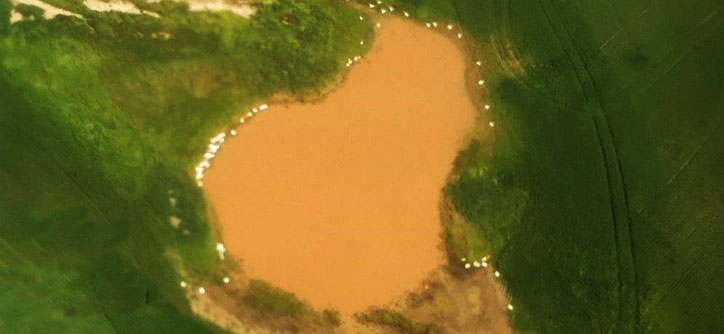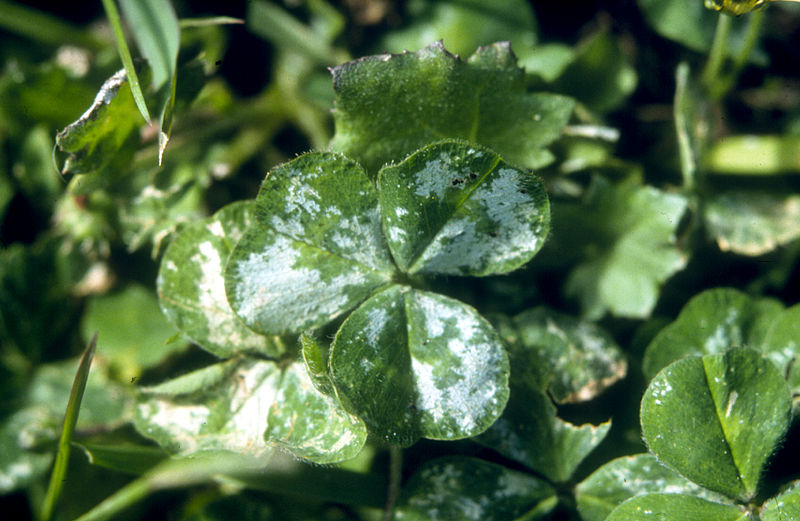Good waste management on farms is essential to ensure a safe, healthy and productive farming enterprise. All owners and occupiers of land in Australia have obligations under legislation to ensure that their farm waste does not affect the environment.
1) Looking at the distribution of the drums around the periphery, we can only assume that the drums were dumped in the dam and have been left stranded at the high water mark after the dam filled and emptied.
2) We are left wondering how many containers might still be in the water
3) If the containers are not well rinsed, then the water could be contaminated, affecting livestock and wildlife, or worse, reaching groundwater through seepage
4) If left on the dam bank, they could decompose into particulate matter that will block pipes, pumps and irrigation systems.
Let’s hope that the situation shown in the picture is temporary and the landholder responsible eventually collected all of the containers, rinsed and recycled them, leaving the property healthy and clean for future generations and minimising any risks to the environment, the crops nearby and the neighbour’s crops.
drumMUSTER , which is run by Agsafe, is perfectly placed to provide Australian farmers with a simple and cost effective way to keep their farms clean and protect the environment. Each container with the drumMUSTER symbol attracts a levy at purchase that funds the collection and recycling program.
There are 789 drumMUSTER collection sites in operation across Australia. Most sites are conveniently located, with almost all farmers able to deliver their drums no more than 20 kilometres away. Why not make use of a service already paid for?
If the drums cannot be delivered to a collection point, the label on drumMUSTER approved containers instructs landholders to: “Break, crush and bury empty containers in a local authority landfill. If not available, bury the containers below 500mm in a disposal pit specifically set up for the purpose clear of waterways, desirable vegetation and tree roots”.
Empty containers and product should never be dumped or burnt.
Protect farmland and the local environment, and potentially avoid legal action and costly fines – dispose of empty containers responsibly.




